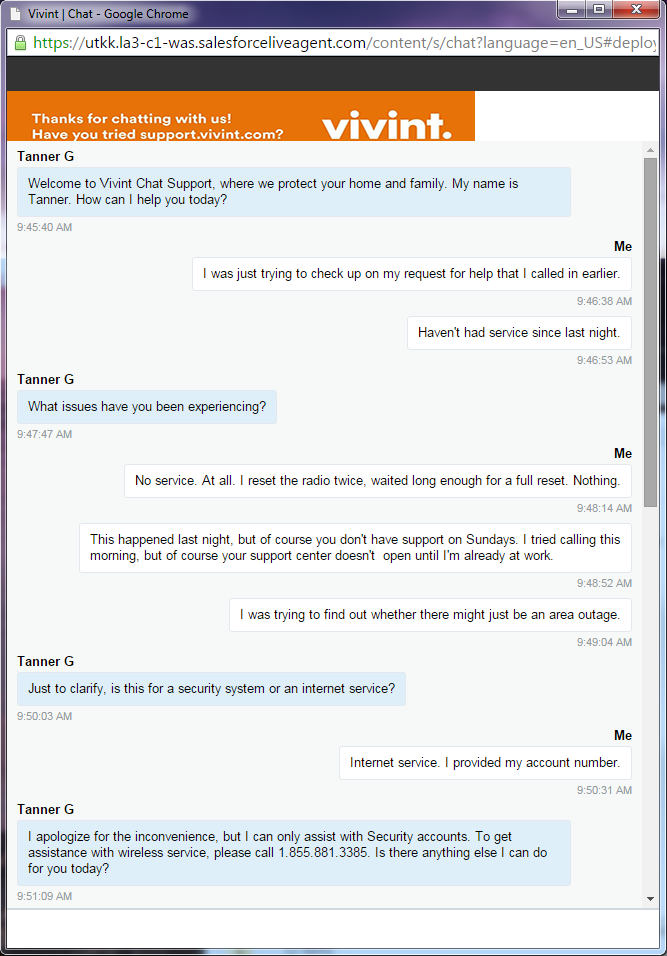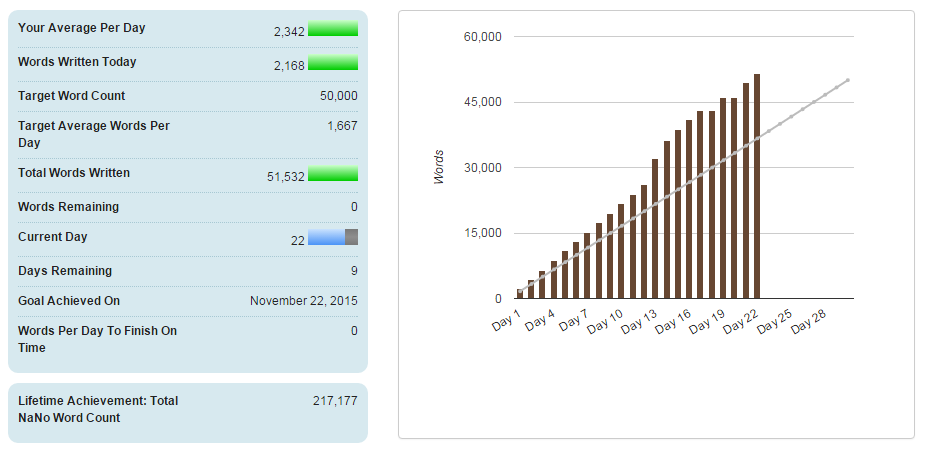Please note that the opinions expressed in this post are entirely my own, and do not represent the views of my spouse, my children, my employer, my religious faith, or any one else someone might wish to complain about or to. The views are entirely mine. My own. My … precious.
When I first posted this commentary on casting, all hell broke loose. Before I say anything further, let me restate my initial point:
The crucial consideration in casting musicals is fitting the best available voice to each part.
This axiom especially applies with lead roles. I stand by this assertion, and I’m adding this epilogue to underscore that assertion.
Almost as soon as I published the post, I began receiving comments—some never published, others since removed—that speculated on specific examples I used to illustrate my point. The first comment was an off-the-handle reaction from a student at our local high school. The comment began:
“This is not okay, in my opinion. Particularly the last section….”
Based on the rambling comment, it was clear the person leaving it had jumped to a whole bunch of conclusions based on very little evidence. Here’s more:
“You all need to respect who was chosen for the parts, and, though it’s okay to be hurt, it is not okay to hate on and disrespect our cast and entire show. And I sincerely hope that your teenagers do not act the way you do when you get a part you don’t want (a ‘non-singing’ role, as you say.). I hope they don’t learn to be ungrateful and rude and turn down parts for petty reasons like, ‘it was a non-singing’ or ‘estenially [sic] an ensemble part.'”
First of all, nothing in the original post was critical of the actors actually being cast (or mis-cast) in roles. Anyone who’s ever done theater knows that it’s a crap shoot every time you audition for something. Like Forrest Gump’s chocolates, you never know what you’re gonna get. But whether an actor is perfect for a specific role or just completely wrong in every way, that’s never a reflection on the actor. It’s a reflection on the person (or people) doing the casting.
Nobody blames Russell Crowe for making corned beef hash out of the role of Javert. He obviously did the best he could with his meager musical talents. Instead, we blame Tom Hooper (who directed the movie version of Les Misérables) and Nina Gold (credited for casting the show) and assorted producers for giving Crowe the role in the first place.
Believe it or not, this even happens on Broadway! My wife and I witnessed a casting disaster several years ago when we saw the Elton John/Tim Rice musical Aida on the Great White Way. Overall the actor-role fit was excellent (if somewhat racially motivated)—with a single exception. Someone had decided it would be a great idea to place aging Monkee Mickey Dolenz in the role of Zozer, father of Radames. Vocally, he was the weakest link in the cast. An unknown actor with an actual singing voice would have been far superior to a rock ‘n’ roll has-been.
Second of all, I had to chuckle at the tone this teenager takes with regard to what I “need to respect” and what I don’t. Leave it to a member of today’s “participation trophy generation” to instruct an adult about what he should and shouldn’t post on a personal blog. Does the school need to teach a refresher course in fundamental rights, perhaps? Maybe lessons in manners? Do a few in this rising generation need someone to explain that respect is earned … and not demanded?
Here’s my public response to the comment:
I mentioned no names or even names of specific shows in here. There is no hate in here, just a discussion of general principles. I have theater friends all around the country, and was curious to know whether I was alone in my belief that singing should be the primary factor in casting a musical. I take it you disagree with that, but I’m sure there are plenty who agree.
We saw a high school show in the Salt Lake area a few years ago that had this exact problem. One of the female leads was an amazing dancer and fine actor, but literally couldn’t sing a note. Her voice cracked and she was a quarter step flat during the entire show. You could hear an audible groan in the audience every time she opened her mouth. It was an extreme example, but one that is repeated again and again on junior high and high school stages around the country.
Speaking in general, casting someone who can’t hit the notes required for a particular part, who can’t even hear the key the song is in, is a disservice to the audience. So is casting based on who “needs” a role more. If a person can’t be found who can perform a particular role satisfactorily, then maybe the director has chosen the wrong show for the group. If better singers are passed over in favor of more popular or attractive kids (or whatever) who can’t sing as well, I see that as a problem. There is plenty of opportunity to learn and grow in a theater program. For those who have more room to learn and grow, much of that learning and growing should happen in class or workshops and not in front of an audience.
Again, I’m speaking in generalities, but theater is a giant time commitment. When I or anyone else auditions for a part, there is no guarantee that I or anyone else will get the part we wanted. We can accept the part we’re offered or we can say “Thanks, but no thanks.” Directors expect this. In fact, most put a checkbox on the audition sheet that asks, “Would you accept any part offered?” There’s no obligation to check “Yes.”
Regardless of who gets cast in a particular role, volunteer work is exactly that: volunteer. If I don’t believe a show is worth the investment of my evenings and weekends, I’m under no obligation to do it.
I should also point out that it’s not necessarily about the best voice, but about the best voice for the role. Casting an amazing alto in a part that requires a soprano range, or an amazing tenor in a part that requires low bass notes, would also be a problem. The alto may have a beautiful voice, but if she can’t hit the high soprano notes she’s not the best fit for the part.
I know that, in both school and community theater productions, it’s common to change the gender of a role (usually to allow a female actor to play a part written for a male). This sometimes works just fine, but if the female actor’s voice doesn’t fit the part as written—requiring her to jump up and down in the octaves—this can get very distracting for audiences.
The next comment was posted by the parent of an actor. Just like the student, this parent made some big assumptions and reacted to those misconceptions rather than reacting to my actual post:
“Although I see your point in some of what you have to say, you have in my opinion so inappropriately slandered many in your community. Even though you ‘mention no names or even names of specific shows.'”
Whoa. Sensitive much?
First of all, to slander is “making a false spoken statement damaging to a person’s reputation.” I think the parent actually meant to falsely accuse me of libel, which is “a published false statement that is damaging to a person’s reputation; a written defamation.” Regardless, the accusation is utterly groundless. What specific person or persons did I slander or libel? Which example matches which show?
According to someone who actually knows the rules regarding slander and libel:
“To be successful in a defamation claim, you must show that the defamatory comment in question was unambiguous about both its meaning and the individual who was the target of the comment. In addition, truth is always a defense to a defamation claim.”
I actually went out of my way to obscure the identities of actors and the specifics of particular productions in my examples—in some cases changing details to protect those who might have delicate lilac-scented feelings. Collectively, the members of my family have been in several dozen shows, and very few of them have been in this particular community. To say I committed slander or libel is ridiculous. It wouldn’t hold up in court, and it doesn’t work in the court of public opinion either.
The comment continued:
“High School and Community Theater [sic] should be open to those who are working on developing talent. Allow growth to all Youth [sic], not just the ones who already have fully developed talent. That is what SCHOOL is all about. High School Musicals [sic] and plays are not professional productions.”
Aye, there’s the rub. This is the very mindset that all theater people need to fight against. The idea that high school and community theater should have different standards than professional theater groups is ludicrous. Sure, the budgets are different, and the actors in pro shows are paid. But the basic principles should be the same. To reiterate: when it comes to musical theater, the quality of the actor’s singing voice should be the primary consideration when casting lead singing roles. Minor roles and the chorus or ensemble are the correct place for those who are “working on developing talent.”
I replied to this parent in private and in great detail, but the parent didn’t bother to respond. I think part of my public response is extremely relevant:
I wonder if people would say the same thing regarding high school athletics? Say you have a drama kid who decides to go out (audition?) for football. Somehow he makes the team. He’s never played football before, and he doesn’t even really know the rules, but he loves playing and spends the season learning the game and developing his skills. He has a lot of heart, but not a whole lot of natural talent. Even if the kid is super-popular or from an influential family, it’s pretty likely that this student won’t get nearly as much playing time as more talented, more experienced athletes.
Now imagine: how do you think the spectators would react if the coach benches his star quarterback and subs in the newbie during the fourth quarter of the championship game? Let’s say the kid has had limited playing time on special teams, but has never taken a snap in his life. Would it be appropriate to allow this kid to “develop his talent” during a critical game? This isn’t professional football, after all. It’s SCHOOL football. Shouldn’t ALL players have the same opportunities that the star quarterback and running backs have?
If a high school football coach did something like that, the spectators would boo him off the field. They would complain to the administration, loudly and in public. Yet somehow, when a high school drama teacher does the same thing, it’s mean and unfair to point it out.
Coaches are expected to play the best athletes they have–especially during important games and clutch plays. And they don’t play someone in a position that doesn’t make sense. What coach in his right mind would sub in a talented but undersized kicker to play on the defensive line? Nobody would do that.
Why should the performing arts be any different? Why are directors so willing to place actors into roles that are outside of their physical abilities? It does a disservice to the audience, as well as to the other actors.
The final bit of feedback I received came via email from a high school principal. Now, why a high school principal would feel the need to respond to a post on my personal blog is beyond me. You’d think a school administrator would have lots of more pressing issues to deal with. However, he voiced his concern that I was “railing on the students” who had been cast in a particular show, even though I hadn’t (of course) mentioned any specific students or specific shows. After I explained my position in detail, he wrote:
“Thanks for sharing the comments from your blog. The only one that concerns me or is relevant to the school is the comment from the student. Regardless of how many readers do not know that you are referencing [a specific show], the readers that do and connect the blog to your children and our students are a concern.
“The students, and parents, that read the blog and perceive that you are referencing them are my concern. Perception is their reality, particularly in the world of a high school student.”
He was referring, of course, to the comment from Little Miss Entitlement, excerpted above. My response to the principal, in brief:
Sadly, I have no control over the perceptions of others.
This whole episode is baffling to me. My goal in writing the original piece was to call attention to the curious phenomenon whereby directors (or casting committees) put other factors above vocal quality in making casting decisions for musicals. The whole show suffers—that’s obvious. Even worse, I’ve seen directors try to make up for their bad casting decisions by cutting out songs or sections of songs that turned out to be (surprise! surprise!) way out of the range of the actors they’ve miscast in various roles.
This isn’t just a terrible cop-out (not to mention an admission of poor casting decisions). It’s also a breach of contract and a violation of copyright. This is no joke. Note the following, from MTI’s performance license:
When you are granted a performance license, by law the show you license must be performed “as is.” You have no right to make any changes at all unless you have obtained prior written permission from us to do so. Otherwise, any changes violate the authors’ rights under federal copyright law. Without prior permission from MTI, your actions may subject you to liability – not only to the authors, but also to us – for breaching the terms of your license agreement, which clearly forbids you to make any changes or deletions.
So if a director in a high school or community theater program decides to alter a show to account for his or her bad choices, that decision can actually lead to the director, the program or the school being sued by Music Theatre International and/or by the author of the show. An even more likely outcome would be that MTI or some other licensing company might decline to license the next show at the school or theater.
Again … casting has consequences.
I have to emphasize again that the blame is not on the actor, but entirely on the person directing the show. If a director has more female than male actors, for example, and casts a girl in a role written for a boy, nobody blames the girl if she can’t (a) sing the notes in the written register, or (b) sing them up an octave. The only possible ways to deal with this curious result of bad casting would be to (1) transpose the entire song, including all vocal and orchestra parts, (2) assign someone else to sing part or all of the song, (3) cut all or parts of the song, or (4) force the actor to sing out of register. Options 1, 2 and 3 are all license/copyright violations. And option 4 is audience (and actor) abuse.
The blame falls squarely on the shoulders of the director who refused to consider vocal range and quality when casting the show.
So let’s recap. What exactly happens when directors commit this casting offense?
- The audience suffers. Listening to someone sing outside his or her range can be painful—not to mention awkward, uncomfortable and depressing.
- The cast suffers. When a lead part is poorly cast, everyone else still has to do their best, and often make accommodations for the leads who can’t cut it.
- Ticket sales suffer. High school or community theater that consistently put on amazing shows draw huge crowds. The ones that put on shows with poorly cast leads … not so much.
- The program suffers. If you’re a talented “triple threat” (singer/dancer/actor) and your local high school or community theater often puts on shows with obviously miscast leads, are you going to want to participate? No—you’ll find shows somewhere else that are worth your time.
- The program is liable. When changes are made to a show and MTI finds out, who is responsible for the resulting sanctions or lawsuit? (And by the way, this is not theoretical.)
My high school alma mater is nationally known as a football powerhouse—so much so that it’s not unheard of for a family to move into the district from out of state specifically so their boys can play football for the program. The players get recruited by the big universities, and lots of players receive scholarship offers and all the rest. Many of them go on to the NFL. That’s the power of a strong program with good coaching.
The arts are no different. If a school has a great theater program, parents will move heaven and earth to get their kids into the program. On the other hand, if a school has a theater department with a teacher (or teachers) who tragically miscast show after show after show, is that school going to attract great singers and actors, or is it going to hemorrhage talent and get worse and worse as its program goes down the tubes?
Again … casting has consequences.




